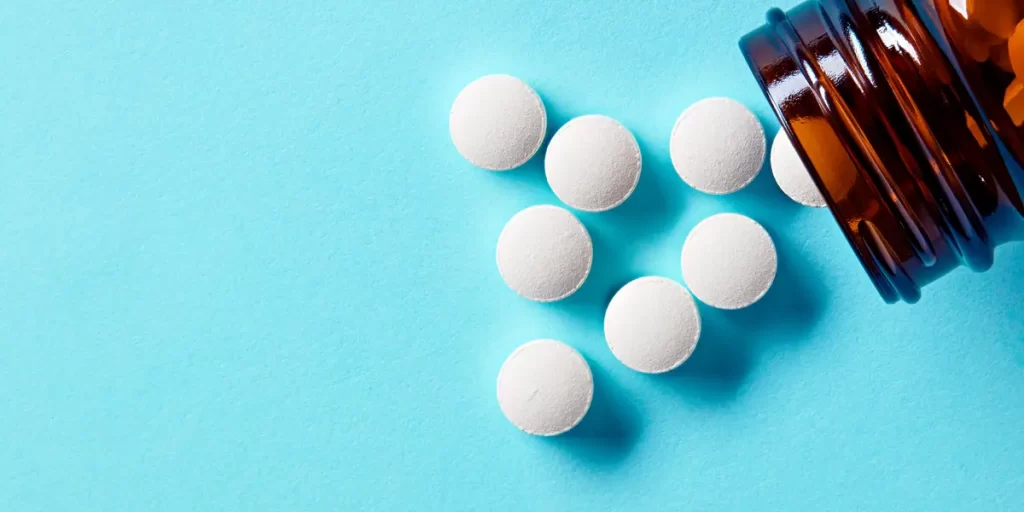Ritalin Withdrawal and Detox
Written by Gretchen Koebbe
& Medically Reviewed by Dr. Conor Sheehy, PharmD, BCPS, CACP
Medically Reviewed
Up to Date
Last Updated - 6/17/2022
View our editorial policy
Ritalin is the brand name of the stimulant drug methylphenidate. The FDA approved methylphenidate for two conditions: treating attention-deficit/hyperactivity disorder (ADHD) and narcolepsy, but it is sometimes used off-label for treating depression.
Despite its medical uses, Ritalin carries a high potential for abuse. As a result, it has been classified as a schedule II controlled medication. For some people, Ritalin abuse will lead to addiction.
Addiction is a behavior characterized by cycles of euphoria, crash and craving. Someone who is addicted to Ritalin may experience withdrawal when they stop using the drug. Ritalin detox treatment may become necessary for serious cases of addiction.
Detox is the period of time that immediately follows after stopping a drug as it leaves the body. The detox period for Ritalin is about 15–20 hours, so less than one day. Withdrawal symptoms may begin after this initial detox.
Symptoms of Ritalin Withdrawal
Compared to other stimulants, Ritalin withdrawal symptoms are usually less intense. However, Ritalin withdrawal effects are similar to other stimulants when someone experiences withdrawal. Physical symptoms of Ritalin withdrawal include:
- Agitation
- Chills
- Dulled senses
- Fatigue and low energy
- Hunger
- Intense thirst, a stimulant binge can cause severe dehydration
- Sleeping too much or too little
- Weight loss
Mental and behavioral symptoms of Ritalin withdrawal can include:
- Anxiety and irritability
- Intense and vivid drug-related dreams
- Loss of interest in pleasurable activities
- Negative effects on mood
- Depression and suicidal thoughts
- Persistent and intense cravings
- Poor memory
Ritalin Withdrawal Timeline
How long does Ritalin withdrawal last? Everybody’s experience with Ritalin withdrawal is different, but in general, Ritalin withdrawal may be anywhere from a few days to a month. The following is an example timeline for someone who is withdrawing from heavy Ritalin abuse.
Days 1–2: Cravings will be powerful during this time. Sleep and hunger will be affected, and appetite may be very high or very low. The person will be very thirsty during this time because stimulants are very dehydrating. They may experience dry mouth, agitation and mood swings.
Days 3–7: This period is hallmarked by increased fatigue and often a “crash.” People addicted to stimulants may go days without sleeping and when there is no more drug to keep them awake, they crash and sleep for long periods. During waking hours, intense hunger will be present along with slowness, poor memory and more drug cravings.
Week 2–4: Symptoms begin to fade during this time, but the person may experience lingering hunger, thirst, dulled senses, agitation, fatigue and negative effects on mood. During this period, secondary anxiety or depression may develop. Drug cravings are still present but not as “loud.” The person may appear depressed and have little interest in activities that used to give them pleasure.
Weeks 4+: After the fourth week, normal mood and personality usually begin to return. For most people, anxiety and depression symptoms will begin to fade but may remain for others. Sleep and hunger cycles should have returned to normal at this time, and drug cravings may be present but low. People will likely start gaining weight back at this time as their appetite improves.
Ritalin Detox
Ritalin detox is the time when the drug is leaving the body. Since Ritalin is metabolized quickly, detox lasts for about one to two days. Detox tends to be the most difficult time for withdrawal symptoms.
Ritalin detox is marked by insomnia, hunger, extreme thirst, extreme cravings, headaches and irritability.
The detox period is when most people relapse and begin using again. For this reason, some people may need the support of inpatient treatment.
Medically Assisted Detox
Medical detox is a supervised detox that takes place in an inpatient or residential treatment facility. A medical and psychiatric treatment team is available around the clock to help treat withdrawal symptoms that are either uncomfortable or potentially dangerous.
Medically assisted detox is usually followed by a period of intensive rehab treatment in the same facility where detox occurred.
Detox from Ritalin and other stimulants causes mostly behavioral side effects that are not life-threatening. However, in some cases, Ritalin withdrawal can lead to heart problems or seizures, and having a treatment team available can prevent long-term damage.
Self-Detox
Self-detox or “going cold turkey” is an option that some people consider when looking for detox methods. This often includes discontinuing Ritalin use abruptly. However, Ritalin self-detox, like any at-home detox, can be dangerous. Tapering with the help of a medical professional is typically the safest way to stop using Ritalin or other substances.
Finding a Ritalin Detox Center in Washington
Finding a Ritalin detox center close to home may be a high priority for you or your loved one. There are many treatment centers available in Washington for nearby residents.
The Recovery Village Ridgefield is conveniently located a few minutes outside of Vancouver and within a few hours of Seattle and Tacoma.
If you are concerned about Ritalin addiction for yourself or a loved one, call The Recovery Village Ridgefield to speak with a representative who can answer your questions about treatment options.
Sources
Medline Plus. “Methylphenidate: MedlinePlus Drug Information.” 2019. Accessed 16 July 16, 2019.
National Institute of Health. “Medical Aspects of Stimulant Use Disorders.” Substance Abuse and Mental Health Services Administration (US), 2011. Accessed 16 July 16, 2019.
View Sources
Medline Plus. “Methylphenidate: MedlinePlus Drug Information.” 2019. Accessed 16 July 16, 2019.
National Institute of Health. “Medical Aspects of Stimulant Use Disorders.” Substance Abuse and Mental Health Services Administration (US), 2011. Accessed 16 July 16, 2019.
Authorship



